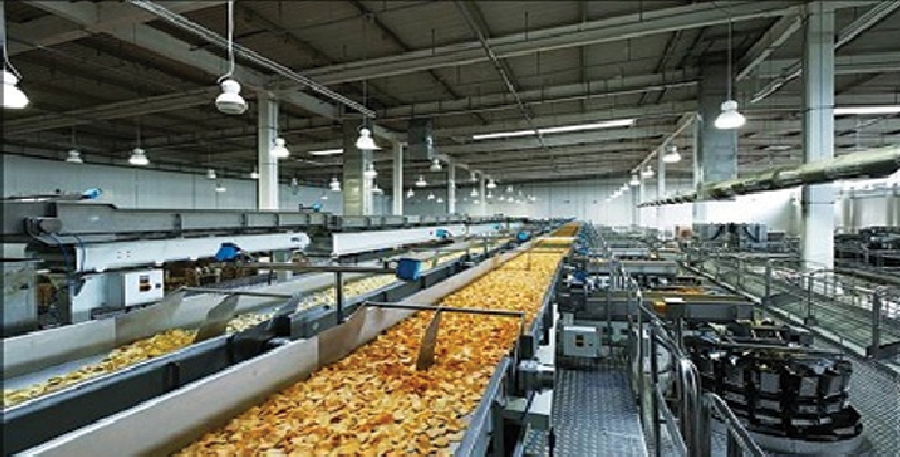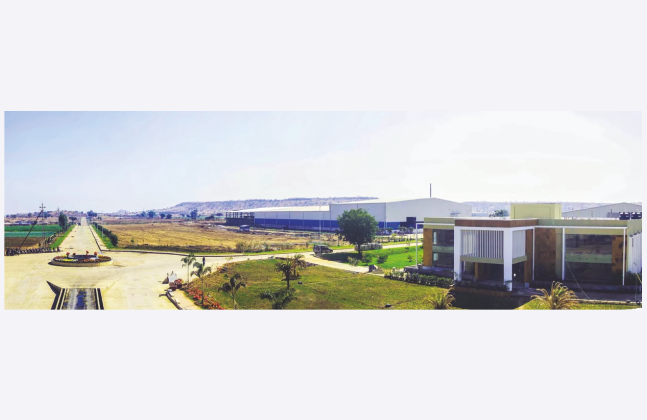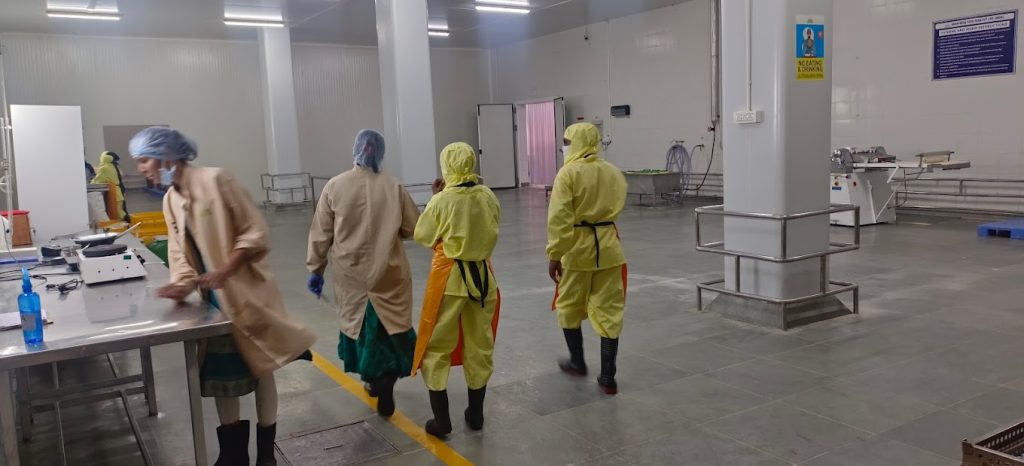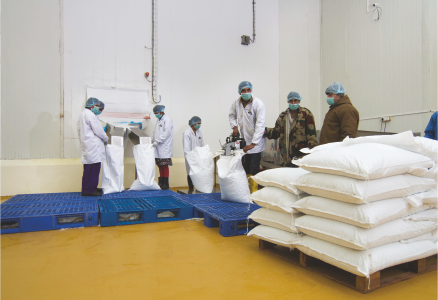Description
Indus Mega Food Park (Madhya Pradesh): A Catalyst for Agricultural and Economic Development
The Indus Mega Food Park in Madhya Pradesh is a significant milestone in India's efforts to modernize its agricultural sector and enhance food processing capabilities. Located in Khargone district, this food park is part of the government’s Mega Food Park Scheme, which aims to provide a comprehensive infrastructure for the food processing industry along the value chain from the farm to the market.
Strategic Location and Connectivity
Situated in Khargone, the Indus Mega Food Park benefits from its strategic location in central India. This region is known for its diverse agricultural production, including grains, fruits, and vegetables. The park's connectivity to major highways and rail networks facilitates efficient transportation of raw materials and finished products, making it an ideal hub for food processing activities. The proximity to urban centers like Indore enhances its accessibility and market reach.
State-of-the-Art Infrastructure
The Indus Mega Food Park spans an area of approximately 53 acres and boasts state-of-the-art infrastructure designed to support a wide range of food processing activities. Key features include:
Central Processing Center (CPC): The CPC is equipped with advanced machinery for processing, packaging, and storing food products. It includes facilities for sorting, grading, pulping, milling, and cold storage, ensuring the preservation of food quality and extending shelf life.
Primary Processing Centers (PPCs): Located in nearby agricultural areas, these centers handle initial processing activities such as cleaning, sorting, and packaging. They serve as the first point of contact for farmers, streamlining the supply chain and reducing post-harvest losses.
Cold Chain Infrastructure: The park includes extensive cold storage facilities and refrigerated transport to maintain the integrity of perishable goods. This infrastructure is crucial for preserving the freshness and nutritional value of fruits, vegetables, dairy products, and other perishables.
Quality Control and Testing Labs: To ensure adherence to food safety and quality standards, the park houses advanced laboratories for testing and quality control. These facilities help in maintaining high standards and meeting both domestic and international market requirements.
Warehousing and Logistics: Efficient warehousing and logistics support are integral to the park’s operations. Modern warehousing facilities provide ample storage space, while a well-planned logistics network ensures timely delivery of raw materials and finished goods.
Economic and Social Impact
The establishment of the Indus Mega Food Park has a profound impact on the local economy and communities:
Employment Generation: The park creates numerous direct and indirect employment opportunities, contributing to the economic upliftment of the region. It employs a diverse workforce, including skilled technicians, laborers, and administrative staff.
Empowering Farmers: By providing farmers with access to modern processing facilities and market linkages, the park helps in securing better prices for their produce. This empowerment reduces wastage and increases their income, improving their standard of living.
Boosting the Food Processing Industry: The park attracts investments from various stakeholders, including small and medium enterprises (SMEs) and multinational corporations. This influx of investment fosters innovation and growth in the food processing sector.
Focus on Sustainability
Sustainability is a core principle at the Indus Mega Food Park. The park promotes eco-friendly practices such as:
Waste Management: Efficient waste management systems ensure minimal environmental impact, with facilities for recycling and disposal of waste products.
Energy Efficiency: The park incorporates energy-efficient technologies and renewable energy sources, reducing its carbon footprint.
Water Conservation: Advanced water management systems, including rainwater harvesting and wastewater treatment, are implemented to conserve this vital resource.
Conclusion
The Indus Mega Food Park in Madhya Pradesh is a shining example of how integrated infrastructure and strategic planning can transform the agricultural landscape. By bridging the gap between farmers and markets, the park not only enhances the efficiency of the food supply chain but also drives economic growth and social development. It stands as a model for future food parks, contributing to India's vision of becoming a global leader in food processing and agricultural innovation.









